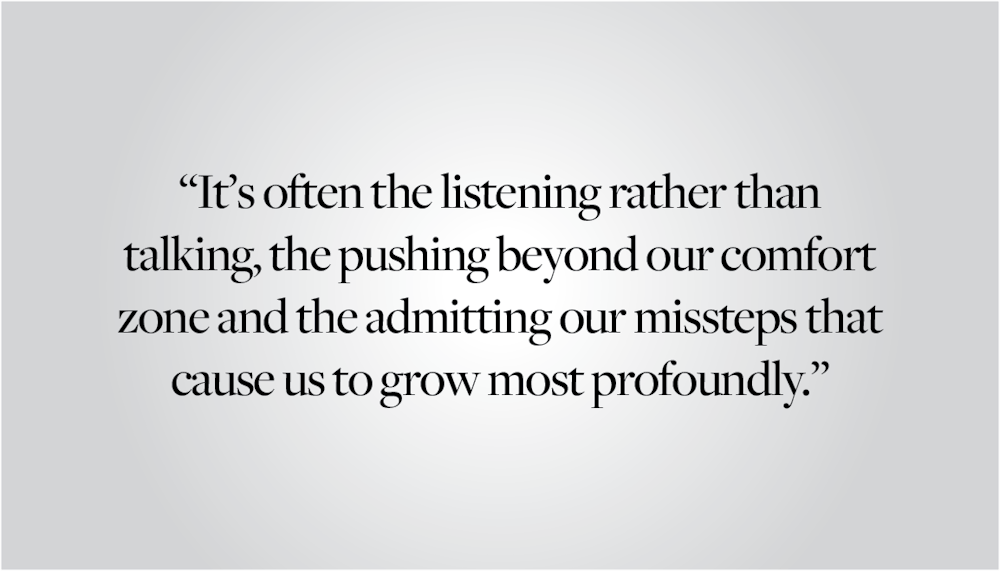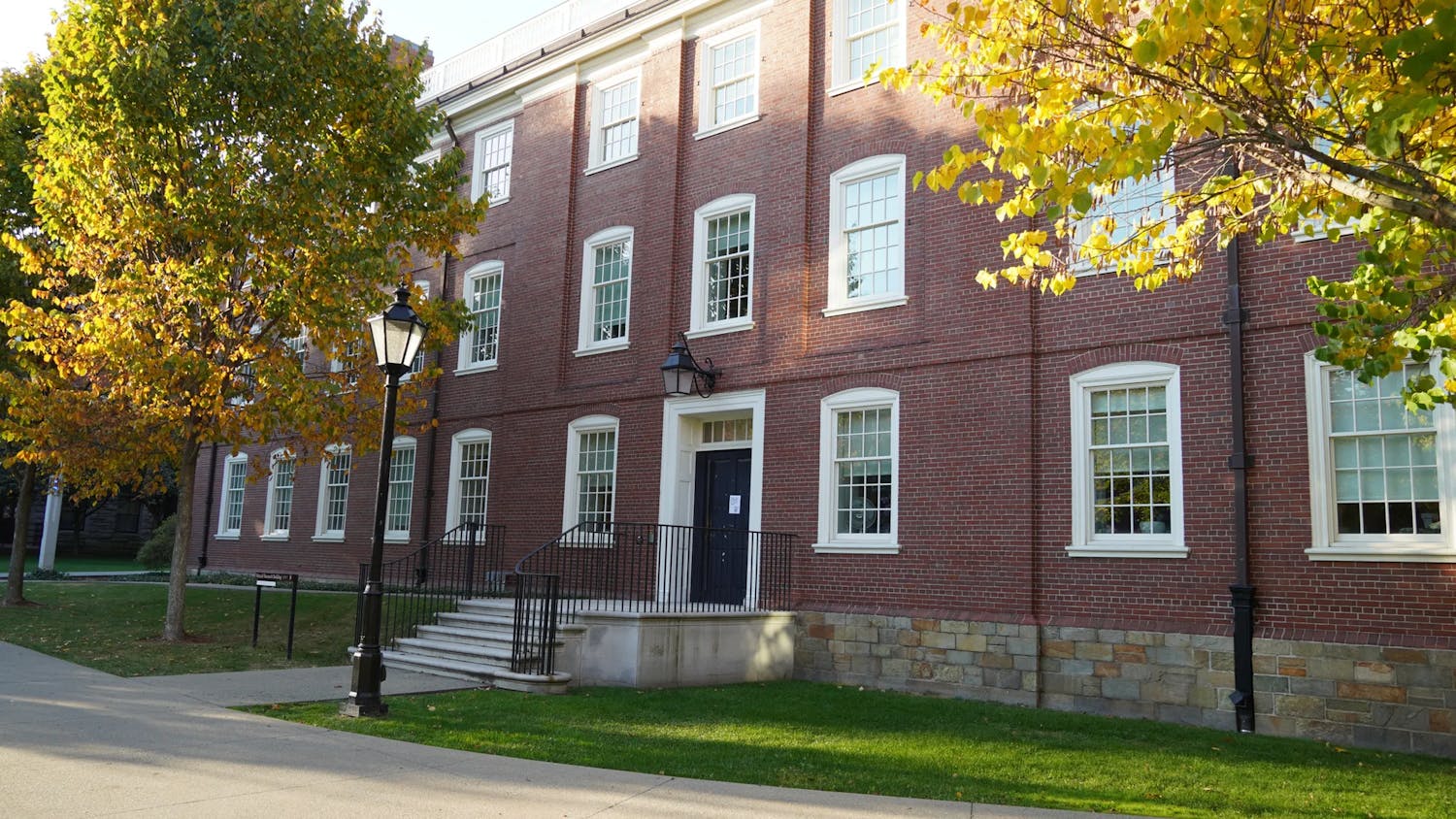As the new academic year on campus coincides with Rosh Hashanah, the Jewish new year, I’ve noticed that some of the central figures in the stories associated with the season, specifically the biblical Abraham and Sarah, have valuable lessons to impart about transitioning into the new school year.
Sarah and Abraham’s household is the paradigm of hospitality in Jewish tradition. Not only is their tent open on all sides, welcoming visitors from every direction, but the midrash on Genesis 18 also reveals the remarkable humility of Abraham. As he sits at the entrance of his tent, recovering from circumcising himself at the age of 99, three men appear. He stands and rushes toward the men to greet them, wash their feet and ask his household to prepare a multi-course meal.
Perhaps less obvious is that the visitors are also doing something important — they are visiting someone who is recovering. While the story teaches the importance of being a good host, it also becomes the bedrock of the tradition of showing up for people who are not at their best.
In my first 10 weeks at Brown, I have noticed that we often talk about “taking space and making space.” What a great way to come into any new community: asking ourselves how we can lead with the right amount of self-confidence and modesty to show up authentically but also ensure that we are making room for new people. Jews sometimes refer to this character trait as “anavah,” the Hebrew word for humility. Developing our anavah is the process of striving for that balance of taking and making space.
When we meet new people, there is an opportunity to emulate the loving kindness of the biblical Abraham by graciously going out and making sure everyone feels welcome in our tent. We also have the opportunity to follow the example of the three visitors who showed up for someone when they were vulnerable. Whether you just arrived here from Madagascar, Melbourne, Massachusetts or anywhere in between, I hope you have arrived on campus with confidence but also with some measure of vulnerability.
I want you to feel great about being at Brown — I sure do. But I also know that it’s often the listening rather than talking, the pushing beyond our comfort zone and the admitting our missteps that cause us to grow most profoundly. When we make space for other people, as the Brunonian dictum suggests, we also create valuable space for personal growth. Showing up means asking for help and noticing when someone else may need it. Choosing to seek help and understanding this as a sign of strength is perhaps one of the best lessons we can learn, whether inside or outside of the classroom.
In the story, the three guests will announce that Sarah, who has struggled with infertility, will have a child the following year — quite the miracle given the couple’s age and history. Their words bring laughter to the household. These days, people might not reference miracles in the way we often see in many foundational religious texts. But when we consider the power that we hold when we listen intently and make space for ourselves and each other to grow in joy and laughter, we might be creating experiences for one another that feel just plain miraculous.
May we always take space and make space. May all of our new beginnings be associated with the broadest of curiosity, the warmest of hospitality and the kindest of care. L’shana tova u’metuka. May this new year be good and sweet.
Rabbi Jason Klein began his work as the associate university chaplain for the Jewish community and rabbi at Brown RISD Hillel this summer. He can be reached at rabbijason@brown.edu. Please send responses to this opinion to letters@browndailyherald.com and other op-eds to opinions@browndailyherald.com.





